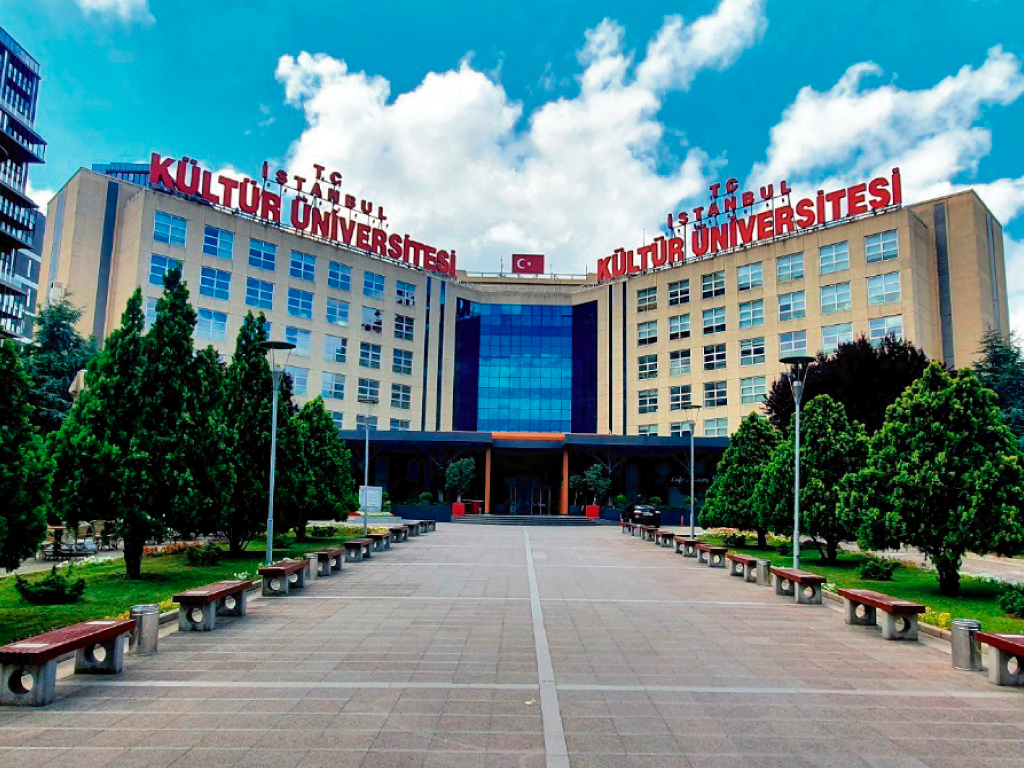
Необходимые документы
Istanbul Kültür University (IKU) был основан Фондом образования колледжей культуры (KEV) 9 июля 1997 года в соответствии с Законом № 4281, принятым Великим национальным собранием Турции. Университет стремится поддержать цель Турецкой Республики достичь уровня современной цивилизации посредством качественного образования.
IKU предлагает широкий спектр академических программ на 8 факультетах, 2 профессиональных училищах и Институте послевузовского образования. В университете работают в общей сложности 700 преподавателей, включая 55 профессоров, 37 доцентов, 130 ассистентов, 94 лекторов и 97 научных сотрудников. Кроме того, IKU предлагает 31 программу бакалавриата (10 на английском языке и 21 на турецком языке), 29 программ получения степени младшего специалиста, 45 программ магистратуры на основе диссертации, 26 программ магистратуры без диссертации и 9 докторских программ.
Для этого университета не определена программа.